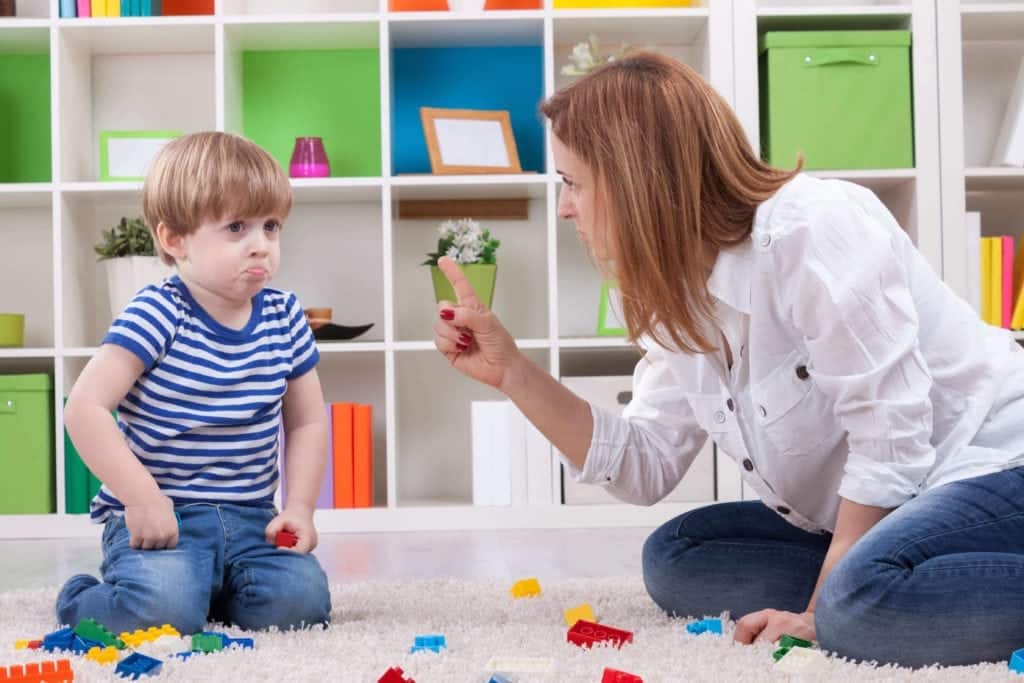Dr Alfred Tomatis, the founder of the Tomatis® Method, emphasized that these behavioural problems have nothing to do with intellectual potential. He viewed that they are mainly caused by poor sensory integration.
This is either the vestibular system is overloaded with too much information, or it does not process enough information and the brain is deprived of the stimulation it needs to function at its best.
Children with behavioural problems “tune-out” to deal with this overload and makeup by “stirring things up” with body movements.
They are unable to focus, analyse, or direct their listening skills and attention span, and when they are faced with a variety of sounds, they are not able to process them.
Thus, they listen with distortion and work much harder to comprehend. They are unable to sort out, organize, and prioritize information. Eventually, they will lose their motivation since they cannot understand and become more and more discouraged.
The key to good listening — one must be able to both tune in relevant information and filter out unnecessary noise to smoothly integrate sensory input. This is done by playing music (mainly Mozart and Gregorian Chant) when played through the TalksUp® device. This will cause the muscles of the ear to stretch to catch the higher frequencies and to relax during the lower frequency sounds.
The Tomatis® neurosensory program helps the brain to develop automatic detection mechanisms once it receives the random changes from the filtered sound vibrations. The Tomatis® Method educates the ear to focus properly on specific sounds and to push into the background other extraneous sounds.
Early diagnosis is key for us. Being able to provide interventions to address behavioural issues during the early childhood years is critical. This is because these are the years where the brain is significantly growing and comprehensively developing. In this way, we will be able to make huge impacts for the benefit of your child’s future at a critical stage of their lives.




